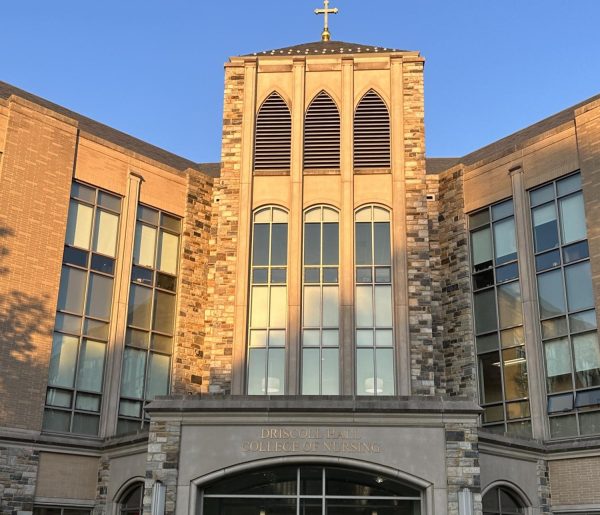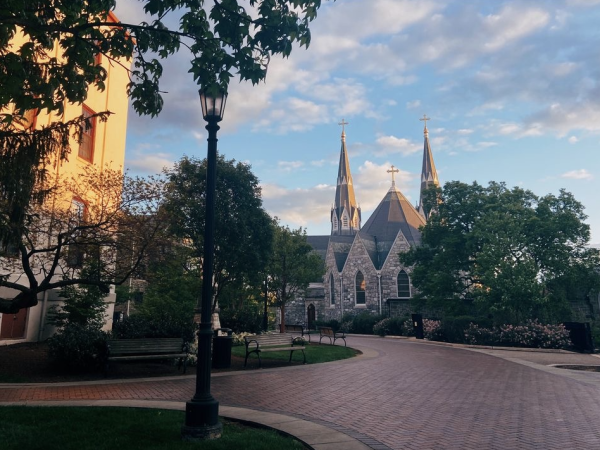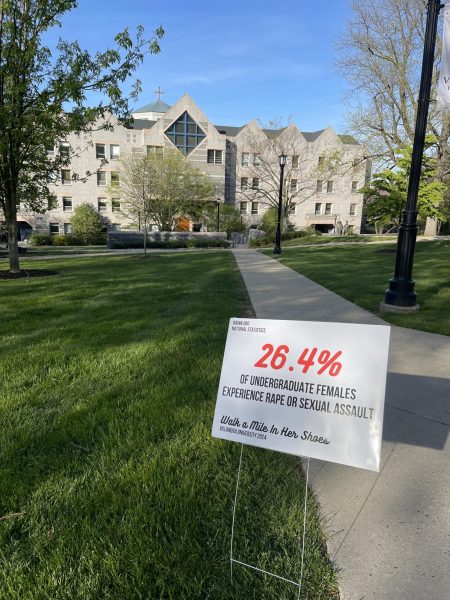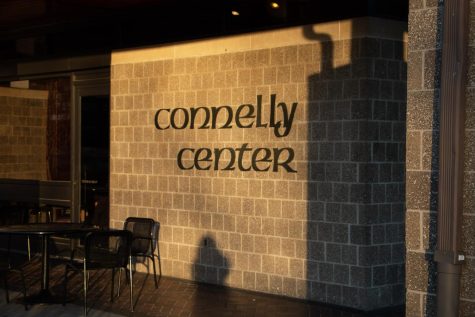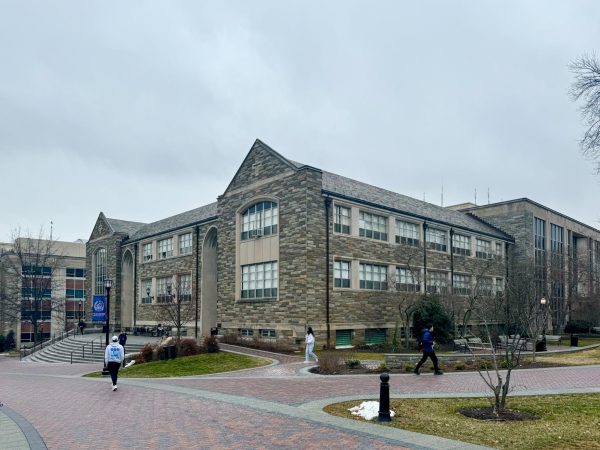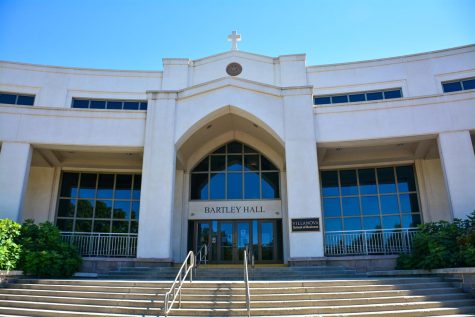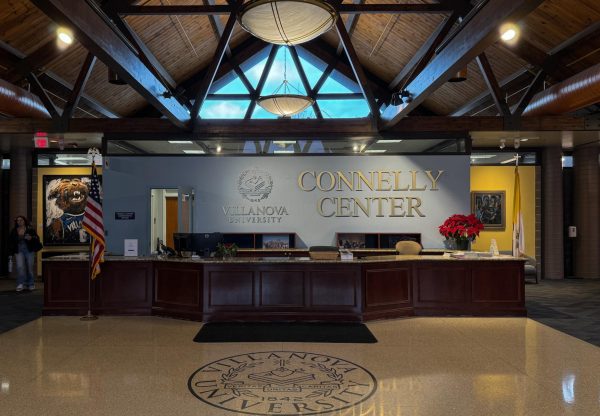Keynote speaker exposes students to realities behind homelessness
December 1, 2015
More than 190 students came to the keynote address for Hunger and Homelessness Awareness Week. But less than half stayed until the end, prompting one formerly homeless speaker to ask why they were leaving.
“Where’s everyone going?” Steve Thomas said, “I haven’t spoken yet.” When no one responded, he said, “I get it, you all have more important things to do than to listen to me. You’re all ignoring me like I’m still homeless.”
Thomas was one of three speakers at the HHAW keynote address. He grew up in an abusive home and suffered from a cocaine addiction, but before he could tell his story more than half the audience had left.
Hunger and Homelessness Awareness Week began at the University in 1975 and has since spread to more than 750 educational communities across America.
It includes a series of events, including the keynote address, that are meant to educate the public about homelessness and food insecurity.
The events are sponsored by Campus Ministry and the Center for Peace and Justice Education. This year commemorated the 40th anniversary of Hunger and Homelessness Awareness Week.
Despite what happened at the keynote address, HHAW Committee members say that overall the events were a success. “This is the most impressive week, in terms of attendance, that I’ve seen,” said Emily Persicketti ‘16, Co-Senior Head Chair of the HHAW Committee.
“When I was a freshman, the keynote was held in an auditorium-style classroom and had an attendance of maybe 40 people,” Meghan Barker, a member of HHAW Committee, said. “This year, the keynote was in the Villanova room with over 150 students, the highest point of attendance. This massive growth in attendance and support can be applied to almost every event this year.”
About 150 people participated in this year’s Solidarity Sleep-Out, compared to four years ago when only 20 people attended. This growth is a result of new efforts by the HHAW Committee to partner with other organizations on campus.
For the first time this year, HHAW formally invited fraternities and sororities, as well as the Association for Change and Transformation, to events such as the Solidarity Sleep-Out.
The program was only meant to be an hour long, but lasted more than two hours. Persicketti and the other Co-Senior Head Chair, Patrick Smith ‘16, said that this might have caused students to leave early. They believe that a similar situation could have occurred at any Villanova event.
“The general culture at Villanova is often one of, ‘I’ll show up for a little bit and then I’ll leave.’ This is not exclusive to Hunger and Homelessness Awareness Week,” Smith said.
Many students stayed until the end. Eric Fedio ’19 was one of 20 students who stayed after to talk with the presenters. “It was unfortunate that so many students left such a great event,” Fedio said. “Going to a presentation like that always grounds you. It only takes one or two mistakes to fall into homelessness.”
Although Thomas seemed upset when audience members left, all of the speakers remained enthusiastic about HHAW and the University. The speakers participated in the Solidarity Sleep-Out and attended a philosophy class about economic inequality. They have already asked to come back next year.
“To a certain point, having people walk out of that event shows that they are such important speakers to have,” Smith said. “They often speak to groups that aren’t receptive.
This is indicative of how much work needs to be done to get people to understand that these are issues that affect humans and to get people to want to do something about it.”



